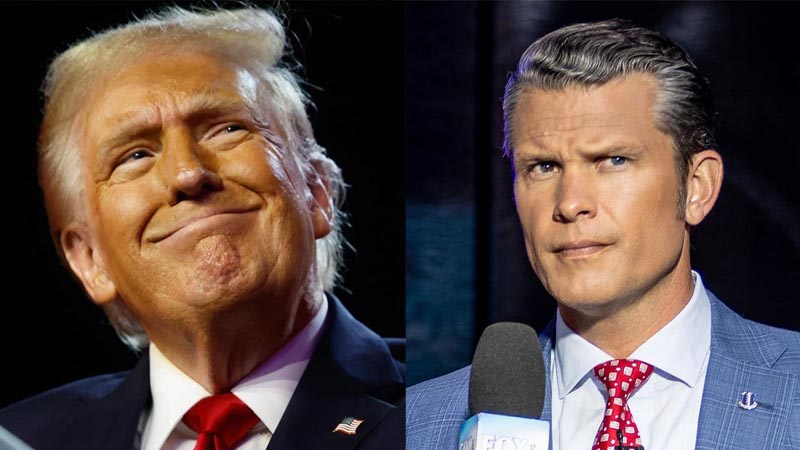“It’s Unfair to Ask the Four Campuses” Debate Commission and Biden Campaign at Odds Over Presidential Debates

Nicholas Kamm/AFP via Getty
The Commission on Presidential Debates has publicly criticized President Joe Biden’s campaign just days before a scheduled CNN debate between Biden and former President Donald Trump. In a recent development, the commission announced the release of four universities from their contracts to host upcoming presidential debates, citing issues with the Biden campaign’s cooperation.
The institutions affected—Texas State University, Lafayette College, Virginia State University, and the University of Utah—had been preparing since their selection in November 2023 to host the debates. Traditionally, these events serve as critical platforms for voter education and engagement. However, this year’s planning was disrupted after both presidential candidates initially bypassed the commission’s earlier debate schedules.
Frank Fahrenkopf, a former Republican Party chair and the current chief of the commission, expressed frustration in March, attributing the complications to the Biden campaign’s decisions. He claimed that the commissioners were out of the loop regarding the unfolding situation.
The Biden campaign has voiced dissatisfaction with the traditional debate formats, which they argue have devolved into mere ratings spectacles dominated by partisan noise rather than substantive discussion. In response, Biden’s team has devised its own set of debate rules and successfully negotiated with news organizations and Trump’s team to establish a new format, reported the New York Post.
Close to the debate, Fahrenkopf released a pointed statement blaming the Biden campaign for the resultant cancellation of contracts with the host universities. “Given the letter dated May 15, 2024, from Jen O’Malley Dillon, Campaign Chair for the Biden-Harris Campaign, in which the Biden-Harris Campaign informed the Commission that President Biden will not agree to debate under the sponsorship of the Commission during the 2024 general election campaign, it is unfair to ask the four campuses to continue to prepare for their debates, as they have been doing since their November 2023 selection.
We are grateful to the sites, and we are sorry to come to this decision,” wrote co-chairs Antonia Hernández and Fahrenkopf in a statement. The decision to release the universities from their commitments was not immediately explained, particularly why the commission waited to act until just days before the debate, rather than when initially informed by the Biden campaign in May.
The commission also lamented the missed educational opportunities for students at these institutions, emphasizing the role of presidential debates in enriching the democratic process. The affected universities are mostly located in states not considered key battlegrounds, with three in traditionally red states and Virginia, which Biden won by a significant margin in 2020.


